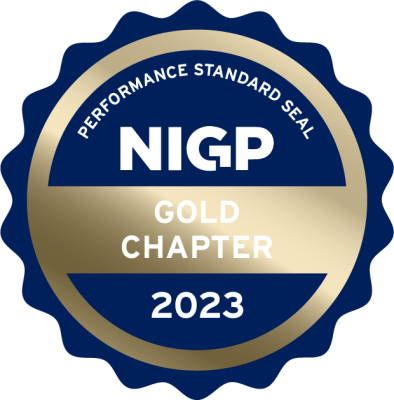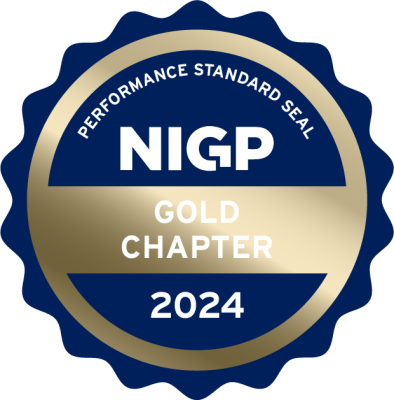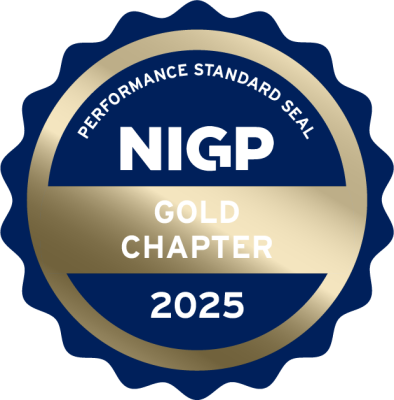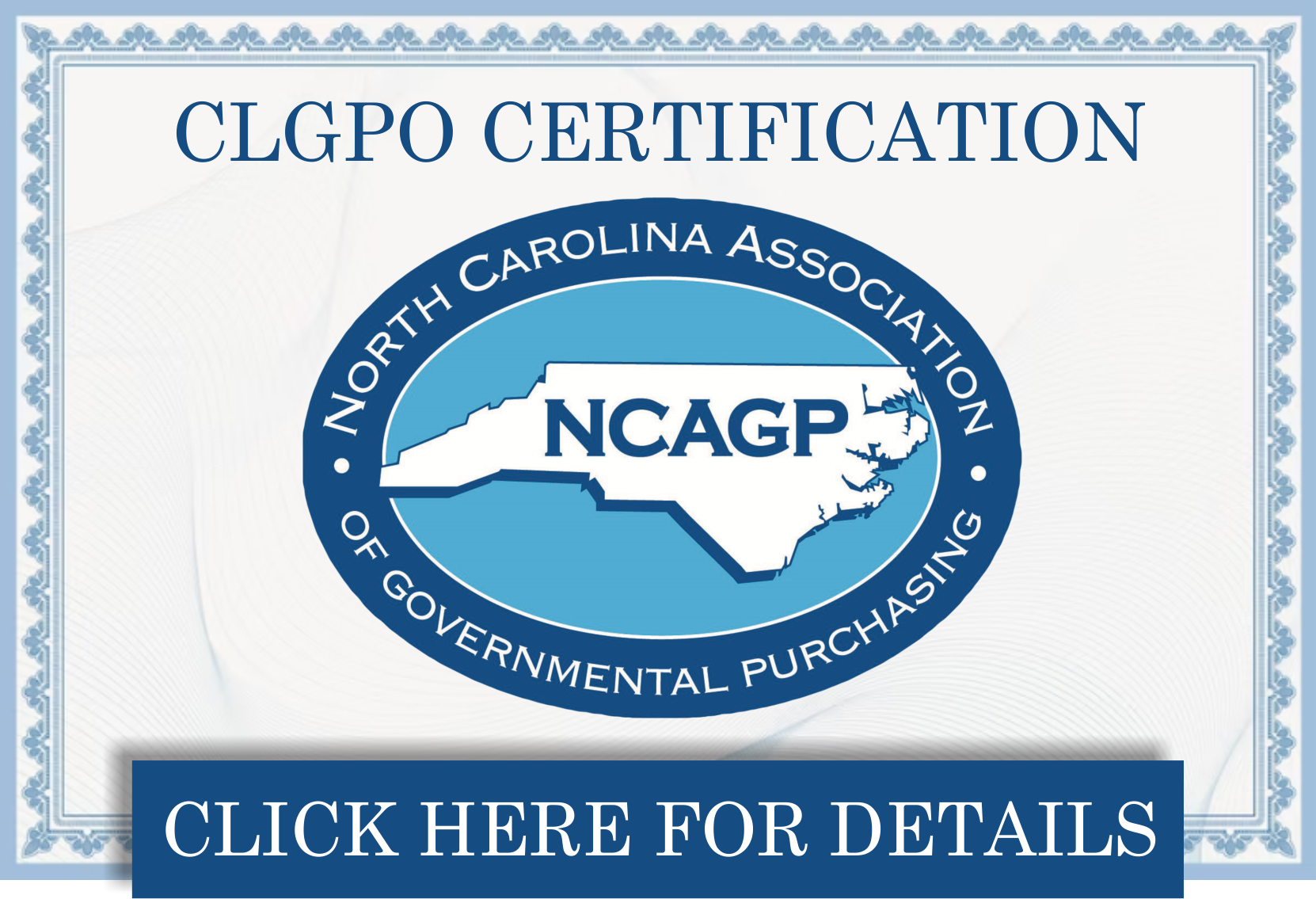Affiliations
The mission of the School of Government at UNC-Chapel Hill is to improve the lives of North Carolinians through engaged scholarship that helps public officials understand and improve state and local government.
The School of Government was established in 2001 and has two core components: the Institute of Government and the Master of Public Administration Program.
Founded in 1931, the Institute of Government is the largest university-based local government training and consulting organization in the nation. The Institute sponsors more than 200 classes, seminars, and specialized conferences for up to 14,000 public officials each year. In addition, the faculty annually responds to more than 100,000 telephone, e-mail, and written requests for direct assistance from public officials.
The highly ranked Master of Public Administration Program serves up to 60 students annually and offers a strong focus on local government in North Carolina. Established in 1966, the program is accredited by the National Association of Schools of Public Affairs and Administration. In 2005 the program was ranked tenth in the nation in public administration and sixth among its peer institutions in the specialty of city management by US News & World Report.
By establishing the School of Government in 2001, the University raised the standing of the Institute of Government and the MPA Program by granting them the higher academic status of a school. The School of Government continues to build on the Institute's tradition of public service by seeking new and more effective ways to improve the lives of North Carolinians by improving their state and local government.
The National Institute of Governmental Purchasing, Inc. (NIGP) is a national, membership-based non-profit organization providing support to professionals in the public sector purchasing profession. NIGP provides its members with many services, including education, professional networking, research, and technical assistance.
Organized in 1944, NIGP is an international not-for-profit educational and technical organization of public purchasing agencies. The Institute is composed of 73 affiliate chapters and more than 2,300 agency members representing federal, state, provincial and local government levels throughout the United States and Canada. These agencies represent over 13,500 individuals serving the public procurement community.
The North Carolina League of Municipalities is a nonpartisan federation of cities, towns and villages in North Carolina. Its purpose is to promote excellence in municipal government. Its website is designed to serve the elected and appointed municipal officials of the member municipalities of the League.
The League carries out its mission through a range of services and by advocating the municipal viewpoint at the state and federal level.
The North Carolina Minority and Women Business Enterprise Coordinators’ Network In 1987, few municipalities had legally established programs that focused on the notion of inclusion for commodities purchases or construction projects. The need for a supportive network to cultivate and to grow these initial programs birthed the North Carolina Minority and Women Business Enterprise Coordinators’ Network (NC MWBE Coordinators’ Network) that same year. The Network was established with seven members as a think tank to share strategies and ideas on administering minority business programs.
Over the past twenty years, the members of the NC MWBE Coordinators’ Network have been committed to ensuring that all segments of the community have an equitable opportunity to participate in professional service contracts, procurement contracts, and construction projects in both public and private sectors.
Today, the Network has increased its membership to more than 100 participants from state agencies, universities, community colleges, municipalities, and private organizations throughout North Carolina.
The League carries out its mission through a range of services and by advocating the municipal viewpoint at the state and federal level.








